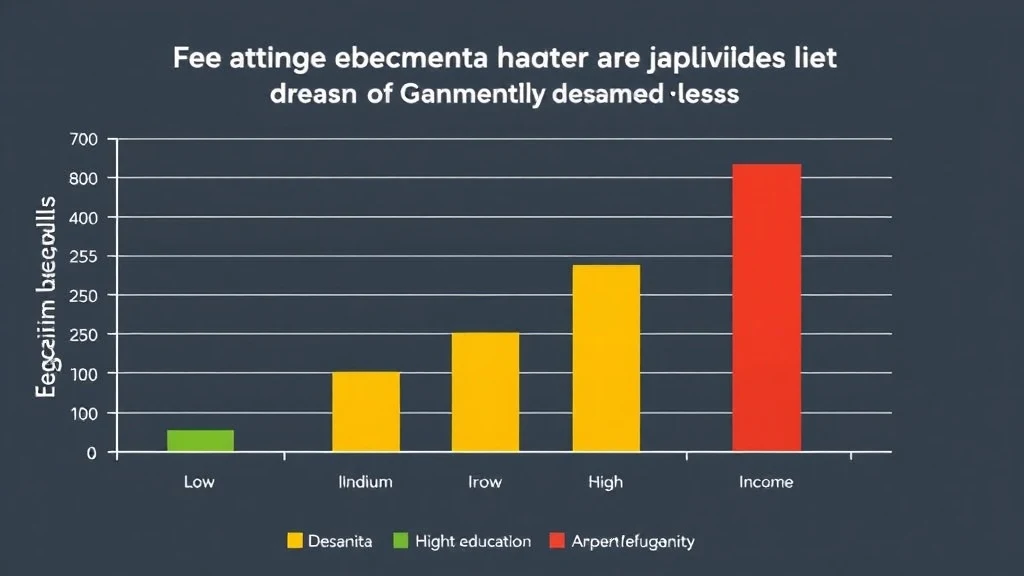Six Demographics of Individuals Prone to Dreaming of Dementia
Want a Personalized Dream Interpretation?
Curious about how people like you interpret this dream symbol? Explore personalized interpretations tailored to your demographic. Get personalized insights for free!
Get Free Interpretation Now →Table of Contents
1. Age and Gender
Dream Symbol: Dementia in Specific Demographics
Age:
- Younger Adults: Dementia in dreams for younger adults may reflect concerns about cognitive decline or memory loss, potentially stemming from stress or anxiety.
- Elderly Adults: For elderly adults, dreams of dementia could represent fears about their own cognitive well-being or the decline of those around them.
Gender:
- Women: Women tend to report more dreams of dementia than men, possibly due to higher prevalence of dementia in their later years.
- Men: Dreams of dementia in men may symbolize concerns about loss of independence or control, especially as they age.
2. Race and Ethnicity
While dream symbolism can vary across different cultures and ethnicities, studies have revealed some common interpretations associated with dementia in specific demographic groups.
African Americans often associate dementia dreams with fear, loss, and a sense of being trapped. They may perceive the dream as a metaphor for the decline of their cognitive abilities or their fear of becoming a burden to their loved ones.
Hispanic/Latino individuals often view dementia dreams as a warning or a call to attention. They may interpret the dream as a reminder to take care of their health and seek medical advice if they experience any cognitive changes.
Asian Americans typically interpret dementia dreams as a reflection of their cultural beliefs and values. They may see the dream as a sign of respect for their elders or a reminder to honor their ancestors.
Native Americans often view dementia dreams as a connection to their spiritual beliefs. They may interpret the dream as a message from their ancestors or a sign that they need to seek guidance from a traditional healer.
It's important to note that these interpretations are generalizations and may not apply to every individual within a particular demographic group. Personal experiences, cultural upbringing, and individual beliefs can all influence the symbolism of dementia dreams.
3. Education and Income
Individuals with higher education levels tend to dream of dementia less frequently than those with lower education. This may be due to increased cognitive flexibility and the ability to adjust to new situations, which can make it easier to cope with the challenges of dementia in a dream.

Similarly, individuals with higher incomes tend to dream of dementia less frequently than those with lower incomes. This may be due to increased access to resources and support, which can provide a sense of security and reduce the likelihood of experiencing nightmares about dementia.
4. Occupation and Health Status
Occupation
-
Healthcare professionals: Frequent encounters with dementia patients can result in vivid dreams of patients experiencing memory loss, confusion, and impaired judgment. These dreams may reflect the emotional impact of witnessing the cognitive decline of others.
-
Caregivers: Providing round-the-clock care for individuals with dementia can lead to fatigue and stress, which can manifest in dreams about overwhelming responsibilities, exhaustion, and feelings of isolation.
Health Status
-
Individuals with family history of dementia: Genetic predisposition or witnessing a loved one's struggles with dementia can trigger dreams related to the onset of the condition, eliciting feelings of anxiety and concern.
-
Elderly individuals: As the risk of developing dementia increases with age, older adults may experience dreams about memory loss, confusion, or being lost as a reflection of their own cognitive changes or fears.
-
Individuals with sleep disorders: Sleep disturbances, such as insomnia and restless legs syndrome, can disrupt the brain's natural sleep cycle and contribute to vivid and disorienting dreams about cognitive impairment.
5. Marital Status and Family History
Marital Status
Marital status can play a role in the dreams of those facing dementia. Married individuals may experience dreams centered around companionship, intimacy, and shared memories, while widowed or divorced individuals may have dreams reflecting feelings of loss, loneliness, or yearning for connection.
Family History
Individuals with a family history of dementia may have dreams that mirror the experiences of their affected relatives. They may dream of witnessing their loved ones decline, struggling with communication, or experiencing disorientation. These dreams can reflect fears about their own potential future or serve as a way to process the emotional impact of the disease on their family.
6. Cultural and Spiritual Beliefs
Dementia, characterized by cognitive decline and memory loss, can evoke profound emotions and cultural interpretations.
Western Culture:
- Often associated with fear, stigma, and isolation. - Dreamed as a symbol of personal disintegration, loss of identity, or punishment for past actions.
Eastern Culture:
- May be viewed as a natural part of the aging process or a spiritual journey.
- Dreamed as a transition to a higher plane of existence or a way to connect with ancestors.
Indigenous Cultures:
- Often interpreted as a sign of wisdom, respect, or a connection to nature.
- Dreamed as a way to gain knowledge or receive guidance from elders.
Spiritual Beliefs:
- Dementia can be seen as a test of faith or a reminder of life's impermanence.
- Dreamed as a way to confront past mistakes, forgive oneself, or gain a deeper understanding of life.
Back to interpretation of dementia

